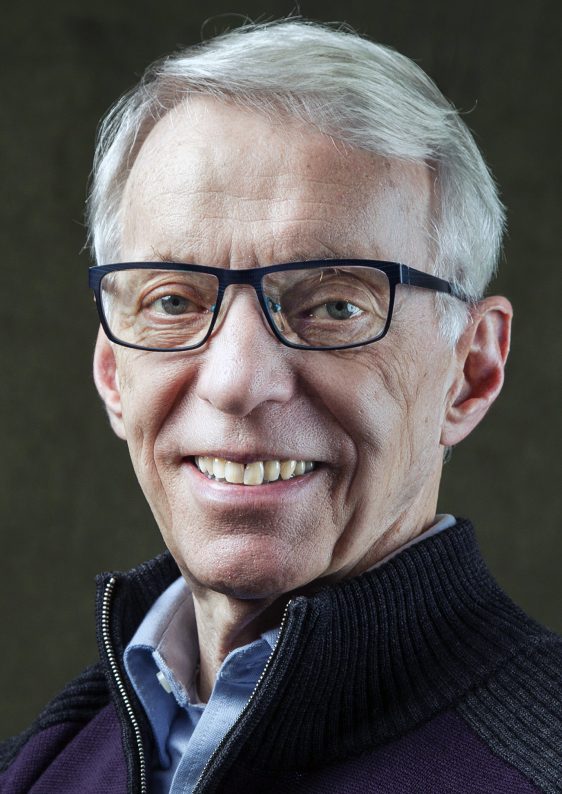Maureen T. Hallinan and Conway-Bascom Professor Emeritus
College of Letters & Science | Department of Sociology
Hometown: Portland, Oregon
My general field is sociology. I taught and did research related to a subfield of sociology called Ethnomethodology an Conversation Analysis. Essentially, this involves research in everyday social settings, using audio and video recordings of real people doing social things together.
Talks:
If You Know One Child: Observations on the Language of Autism
Over the years, many of us have heard the slogan: If you know one child with autism, you know one child with autism. This presents a problem: If you have an autistic person in your life, how do you deal with their particularity? My answer to this is to learn the “language of autism.” This is sometimes an embodied language and not just vocal. How do we learn the language of autism? I attempt to answer this question with experiences from my own life a parent and by drawing on autistic biography and autobiography.
Autistic Intelligence and Autism Diagnosis.
This talk is based on my 2022 book entitled Autistic Intelligence: Interaction, Individuality, and the Challenges of Diagnosis (co-authored with Jason Turowetz, University of Chicago Press). We did an anthropology-like “field study” in a clinic for autism diagnosis for over 5 years, mainly video recording both the testing of children and the subsequent decision-making about diagnosis that clinicians do, but also interviewing clinicians about their work when possible. We also recorded the informing interview when clinicians tell parents or others what they have determined diagnostically. My talk will provide illustrations of what we call autistic intelligence, and how diagnostic appreciation of such intelligence can help to individualize and expand the official clinical portrayal of a diagnosed child.
The Wisconsin Idea and Autism
The Wisconsin Idea suggests that the university serves to educate the entire public and to encourage collective problem solving. This orientation draws on what we mean by democracy, which encourages participation of everyone in the larger social body. However, we also know that our institutions have not always protected, served, or enabled all groups or individuals equally. Along such lines, I am interested in Autism Spectrum Disorder (ASD). My approach is a sociological, interactional one in which I draw on autism autobiography and biography, and on video recordings of testing and diagnosing ASD in clinics. Although great strides have been made, I suggest that there are ways in which at home, at school, and in clinics, we can further expand the inclusion of those with autism by exposing the forms of knowledge that are embedded – actually hidden – in our mutual social relations.
